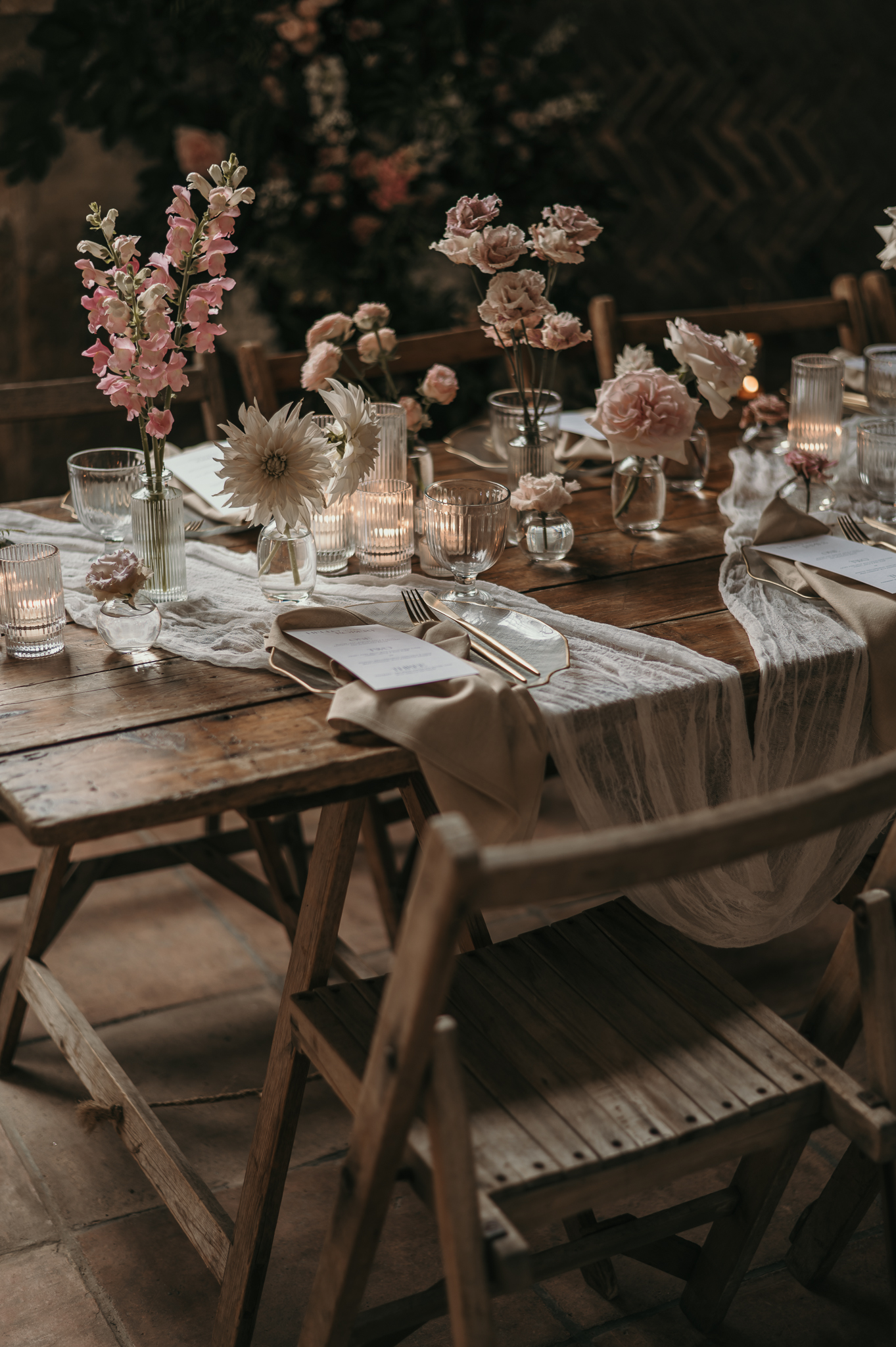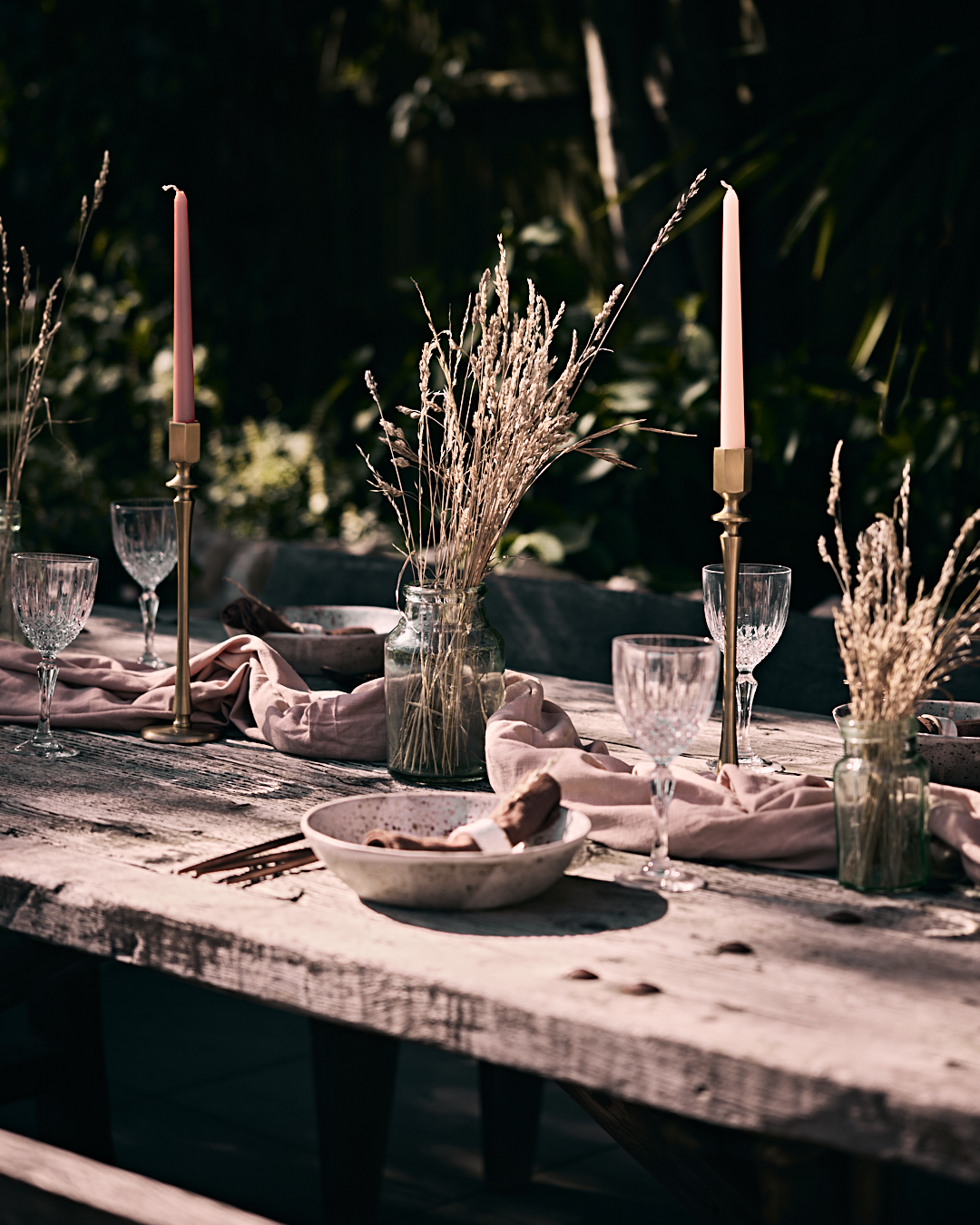People often assume a business has to be loud to be seen. But some of the most meaningful decisions happen behind the scenes, when no one is watching—when a founder sets a limit, draws a line, or simply chooses not to push. That quieter judgment call often defines the shape of a business more than any big launch or public milestone. For Melanie Kalfaian, this kind of restraint has become a daily practice. After relocating from Argentina to the UK just before the pandemic, she gave herself a full year to rethink what she wanted to build next. Her new company, What A Host, wasn’t meant to be grand—it started as a tablescapes brand. But once she saw that customers were buying it for the homeware, not the wine, she quietly stripped away the bundle and started over. Every decision since has followed the same logic: make something people want, keep it manageable, and don’t overspend.
“I built this with my own money, and I don’t want to waste it.”
What A Host launched in 2021 and now sells around 250 home accessories, from brass candle holders to cutlery and marble trays. All products are designed by Melanie and produced in India by small family-run factories. Her reason for choosing India over China was simple: "I wanted to know who was behind each product. And I needed people who would take a small client seriously." Working directly with these makers gives her the freedom to customize, test, and gradually grow her collections—something she says wouldn’t have been possible using off-the-shelf catalog items. Product development is slow by design: each new line takes 6–8 months from sketch to shipment.
.png)
.jpg)


%20(1).jpg)
.jpg)
.jpg)
%20(1).jpg)


.png)